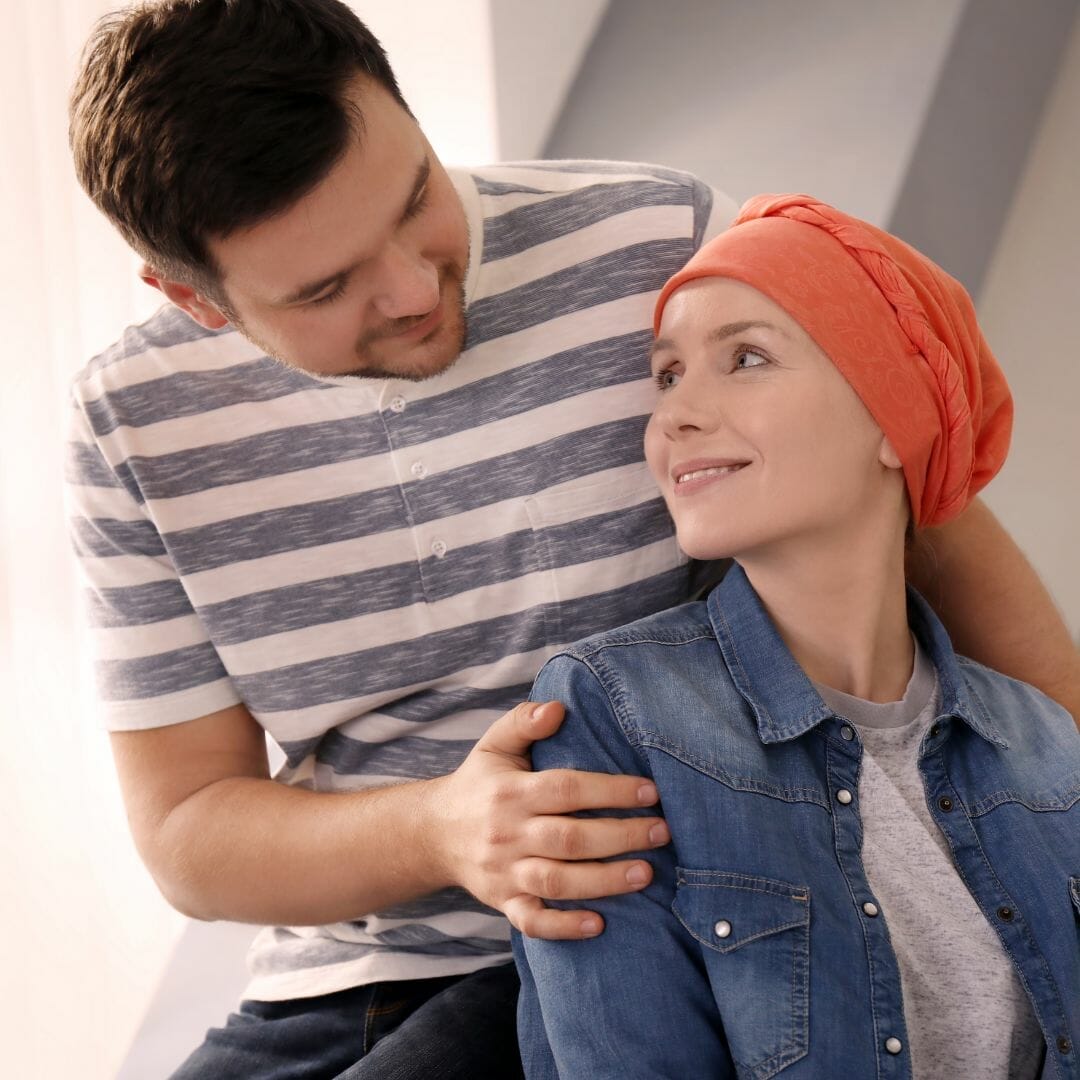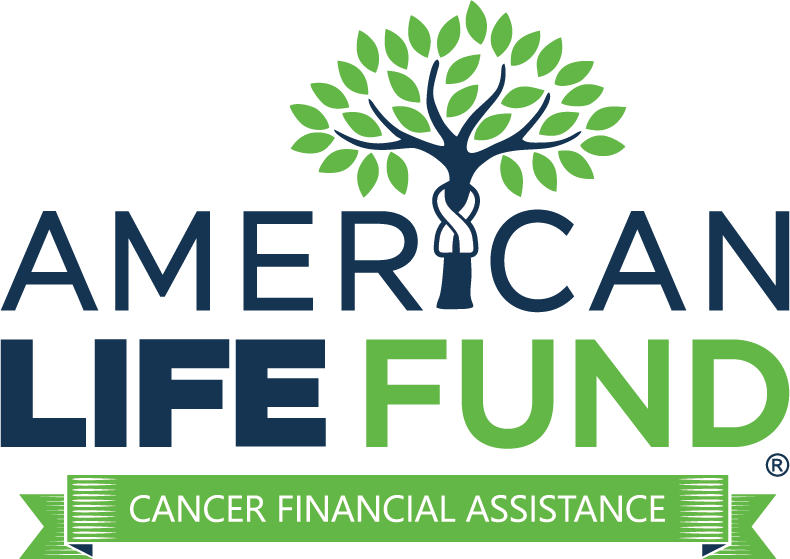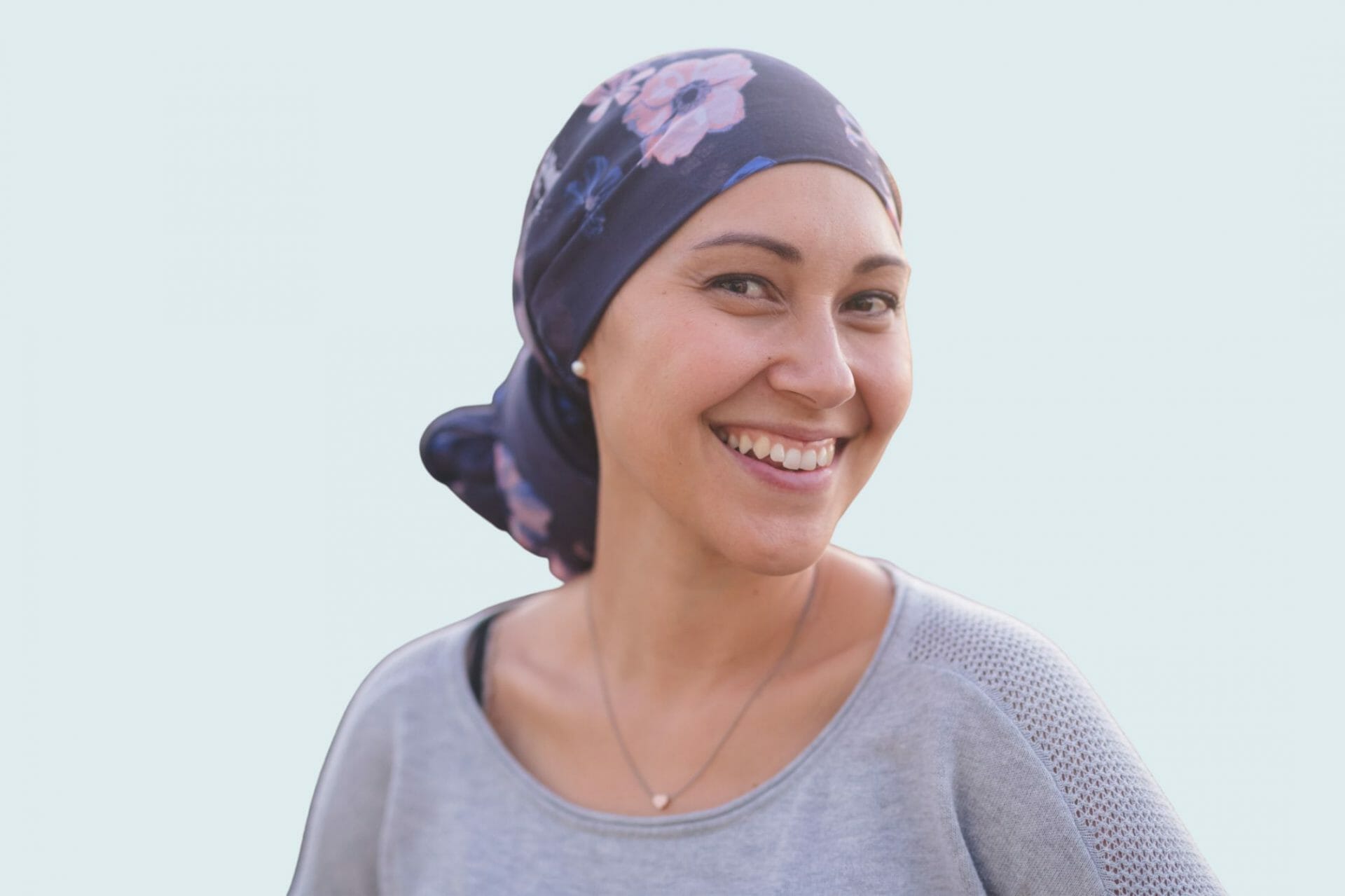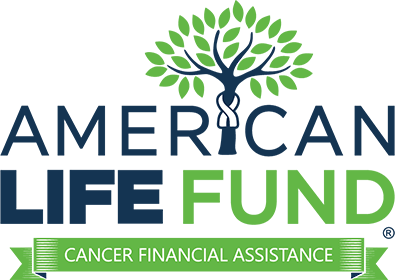What is a Viatical Settlement?
Viatical settlements allow someone diagnosed with a life-threatening illness to sell their life insurance policy for cash. This person is known as the “viator.”
The third party they sell their policy to is an institutional investor, usually a viatical settlement company such as us here at American Life Fund.
A viatical settlement is a legally enforceable agreement between a life insurance policyholder with a severe illness (viator) and a viatical settlement business.
What are the Benefits of a Viatical Settlement in South Carolina?
There are many benefits of entering into a viatical settlement. However, the two most common reasons people do it are for the money and to ease the burden on their loved ones.
Some other benefits include:
- No medical exams are required
- You can use the money however you want
- It’s a speedy process
- You can choose the settlement company you want to work with
American Life Fund is one of the leading viatical settlement companies serving the citizens of the USA. We have helped many people through this difficult time in their lives.

How are Viatical Settlement Payments Calculated?

The payout you receive from a viatical settlement is based on several factors, including but not limited to:
- The death benefit of your life insurance policy
- Your health condition
- The type of life insurance policy you have
These are just a few of the factors that will affect your payout. For an accurate and free quote, call us at 877-590-4088, and one of our expert representatives will be more than happy to help you.
The Pros And Cons Of A Viatical Settlement
Not sure if a viatical settlement is a right move for you or your loved one? Here are some things to keep in mind.
Viatical Settlement Examples
Here are a few examples of how people have used their viatical settlement payouts:
- John had a life insurance policy with a $500,000 death benefit. He was diagnosed with terminal cancer and decided to enter a viatical settlement. He received a payout of $300,000 and used the money to travel and spend time with his family members.
- Mary had a life insurance policy with a $250,000 death benefit. She received $150,000 and used the money to pay for her medical expenses and treatments.
- Mike had a life insurance policy with a $150,000 death benefit. He received $90,000 and used the money to pay off his debts.
As you can see, viatical settlements can be very beneficial for seriously ill people who need financial assistance.
Viatical Settlement vs Life Settlement
When looking into viaticals, you may hear the term “viatical life settlement” thrown around — but viatical settlements and life settlements are two separate transactions. A life settlement is similar to a viatical settlement, but the two have several key differences.
How do life settlements work?
- A life settlement is a transaction that occurs when an individual over 75 sells a life insurance policy to a settlement provider for cash, usually yielding considerably more than the policy’s surrender value.
- The size of a life settlement payout is mostly determined by the policyholder’s health status and the premium payments of the policy. The money from selling life insurance policies can be used to finance long-term care, medical procedures, travel, or family events.
- Many people are unaware they can sell their life insurance policy for cash. When a policy becomes too expensive or unnecessary, the owner typically lets it lapse without knowing there is another option—the life settlement market.

Alternatives To Viatical Settlements
Not sure if a viatical settlement is right for you? Here are some other options to consider
Is a Viatical Settlement Right For You?
With life insurance policies increasing daily, it’s important to consider all options before deciding. For those with a chronic or terminal illness – selling your policies may be one way to afford quality care while still securing a financial cushion that will help you improve your quality of life.
If you or a loved one is facing a life-threatening illness and needs a Viatical Settlement, please call us at 877-297-4592 to see how we can help.




